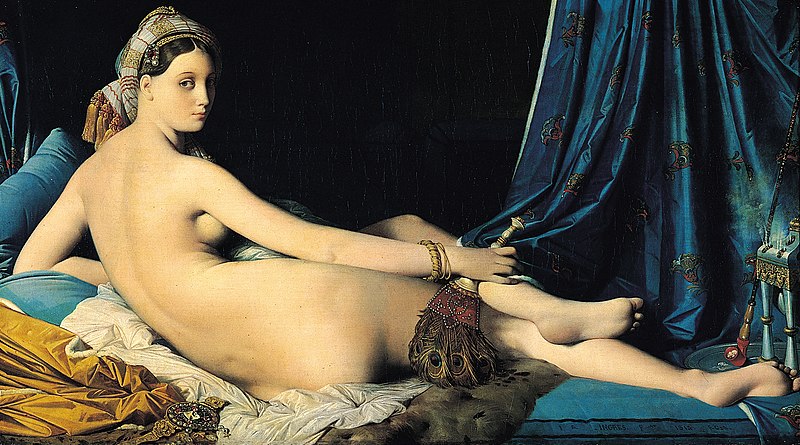The Grey Lady Talks Trash
Besides revealing that the AP photo staff has probably multiple people on the reality TV beat, Wednesday’s New York Times article on the genre by Television Critic Alessandra Stanley rested on the affirmation that, while sounding a bit like “a knell of civilization’s end,” the content of reality TV is nothing new and needn’t cause “panic.” It also seemed written by someone making sure her audience knew she was smarter than her subject matter.
Stanley manages to use a handful of obscure, three- and four-syllable words, reference Jacqueline Kennedy’s “cultural artifact” of a hat, draw a comparison to a Gelett Burgess poem, classify MTV as “horative,” and refer to Jersey Shore as a “Bart-Simpsonish tonic” to a more boring reality show. (One of those three-syllable words is “odalisque,” which Stanley uses to describe the figure of Kim Kardashian, who has Armenian heritage. Is that racist? Sexist? Or just another chance to prove she knows more than just this basal form of television?)

Odalisque

Odalisque?
The core of Stanley’s thesis is that reality shows are born from the same desire that the society pages once fulfilled. Celebutantes are nothing new, Stanley intimates. Those people, like Kardashian, were famous for being famous a hundred years ago.
Stanley’s foci aim at primarily two shows (or groups of shows): Jersey Shore and Kim Kardashian’s various reality ventures. Herein lies the problem. Stanley is writing about two different sub-genres of reality TV: original and extra crispy (fried twice?). The original (including: Jersey Shore, The Real World, Survivor, Bachelor) are shows that take laypeople, place them in extraordinary situations and record them, making them famous. Extra crispy (including: Keeping up with the Kardashians, Being Bobby Brown, Paris Hilton’s My New BFF)—VH1 calls this “Celebreality”—gives television shows to people who are already famous precisely because they are famous, even if they’re only famous for being famous. Follow?
But in either case, reality TV is nothing like looking in from the outside of high society—even the depths of high society. Newbie stars like Snooki are propelled to fame, putting them at the same bars and parties as Kardashian and Paris Hilton, but we still only see glimpses of that side in the tabloids and society pages. Those media, as they always have, satisfy voyeurism. That’s not what’s being satisfied when we watch reality TV—not precisely. Unlike the crimes and romantic dalliances committed by these stars when the cameras turned on them have telescopic lenses, what we see on TV is a completely new kind of performance art, one that develops in real time. One spurred by desperation and a desire to stay “relevant.” One that makes up its relevance as it goes.
The cameras that record reality TV are welcome. We like watching what people will do to keep those cameras there, not what they’re doing behind closed doors.
Advertisement







Stanley is a notoriously bad journalist. The only reason (allegedly) that she still has her job is that she is best buds with Maureen Dowd and Jill Abramson. Also, not to be a pedant, but “Odalisque” is a noun, not an adjective, so she can’t even use her exotic words correctly.
I actually made the edit to not point out that odalisque was a noun, not an adjective. I decided to take it out because I make words up a lot, and generally think that it’s ok to play with the rules if you get a serendipitous result. But, yea…doesn’t really work here.
We all appreciated the reference.